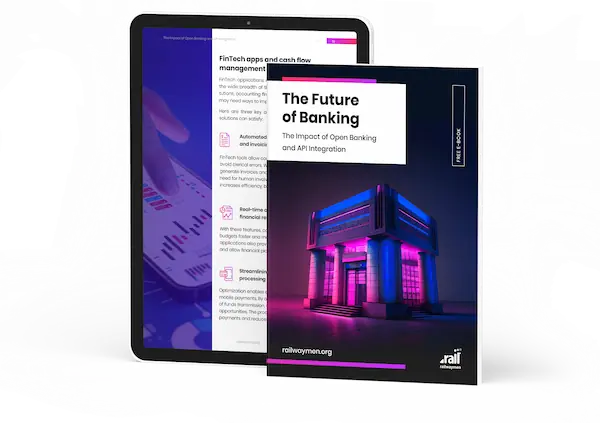The convergence of financial technology (FinTech) and insurance technology (InsurTech) has helped transform the broader financial services industry. The pace of these transformations was accelerated by technological advances, which led to the combination of these two service industries gaining widespread attention. Over time, this out-of-the-box mix began to reveal its potential for innovation and growth, which translated into a range of new opportunities.









-1.jpg?width=1051&name=pexels-tima-miroshnichenko-6694543%20(1)-1.jpg)




